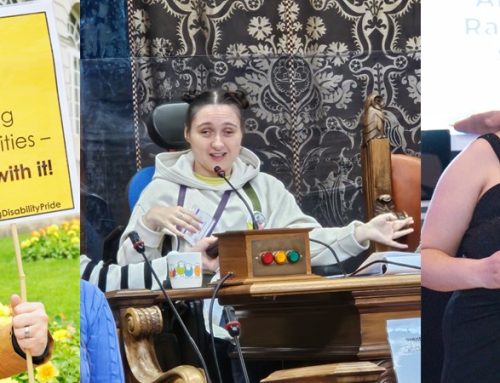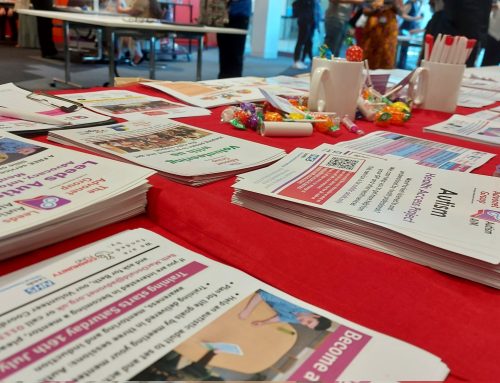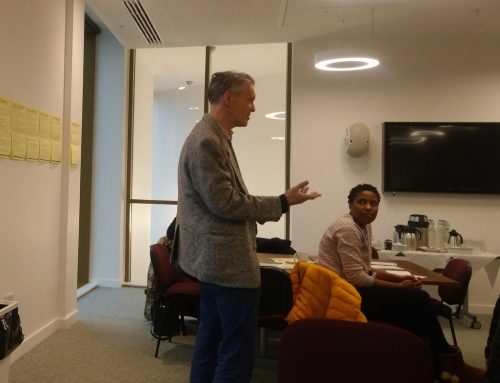For Advocacy Awareness Week 2022, we are sharing a story each day about how advocacy can help to promote people’s human rights. Today’s theme is Right to Life. For that, our Independent Mental Capacity Advocacy (IMCA) team talk about decisions around DNACPR (do not resuscitate).
Advocacy can be utilised to initiate discussions regarding decisions around DNACPR (do not resuscitate). These conversations can happen when a client is at risk of loss of life and is mentally or physically unable to engage in a conversation regarding the decision.
The decision can also be seen as a ‘medical’ decision instead of a holistic decision based on what the person wants to happen if they should ever require CPR. This can mean that a client, or their family member, are not included in the decision, so the persons thought, wishes, or way of life are not taken into account when deciding.
Advocacy used in decisions
An example of advocacy being used in regard to decisions around DNACPR’s is when an advocate attended a ward review during lockdown and heard the consultant say that staff could opt out of providing CPR to patients if they were concerned about contracting coronavirus, regardless of whether they had a DNACPR in place.
As staff should perform CPR unless there is a DNACPR in place, this meant that the consultant was instructing staff to disregard the person’s right to life, and instead prioritise professionals. This incident was reported to the line manager who then reported it further.












